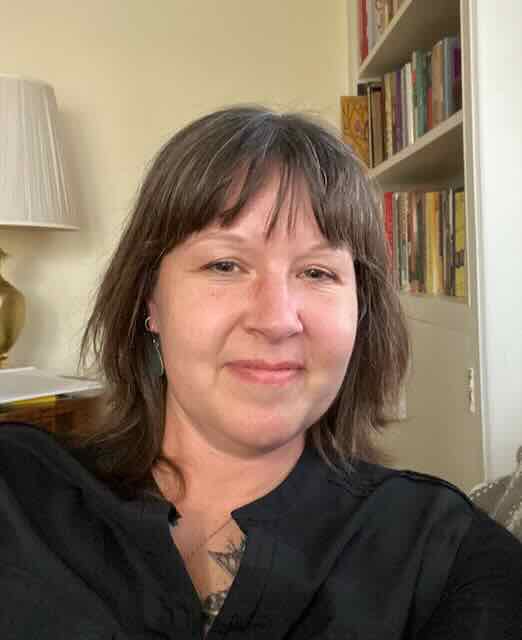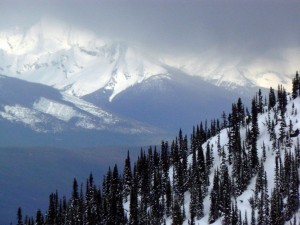Welcome. My name is Sarah Nelson and I am assistant professor of health geography in the Geography and Geology department at the University of Nebraska at Omaha.
My research is collaborative and the purpose of this site is to make ongoing information related to the research available to collaborators, participants, potential participants, students, and anyone else who is interested!
Current work
I am currently working on projects in Nebraska, on the geographies of houselessness in the city of Omaha, and analysis of age-friendly policy in Nebraska. I also work in what is now eastern Ontario on community-based and archival projects, and am completing a scoping review on the contributions of geographers to our understanding of the COVID-19 pandemic. See the research page on this site for more details on individual projects and publications.
Previous studies
I have previously worked in Omàmìwinnìnì territory, in the valley of the Kiji Sibi (the Ottawa River), in particular in Lanark County and areas where there has not to date been formal recognition of Omàmìwinnìnì communities by the federal government. I worked together with communities to articulate the ways in which oral ways of knowing have been sustained, and have contributed to community governance, through generations. We explored aging and the life course as it relates to intergenerational roles within communities, and the ways in which memory and aging interrelate in the context of oral histories held by communities, and sustained by land and place. Much of this work remains in the hands of communities.
Other work has taken place in Prince George, in northern British Columbia. I have had conversations with older people in Prince George about the age-friendliness of the city, and analyzed the age-friendly action plans currently in place in Prince George to determine whether these are inclusive of Indigenous and other perspectives. Although the age-friendly action plans make an effort to be inclusive of Indigenous older peoples’ needs, they need to go farther in accommodating multiple perspectives on aging and the city.
Previously, I have also worked with Indigenous-led health organizations to understand links between mental health and colonialism, as well as barriers that Indigenous clients of health care organizations experience in an urban setting, and the roles of these organizations in opening health care spaces to Indigenous community members in the city.


